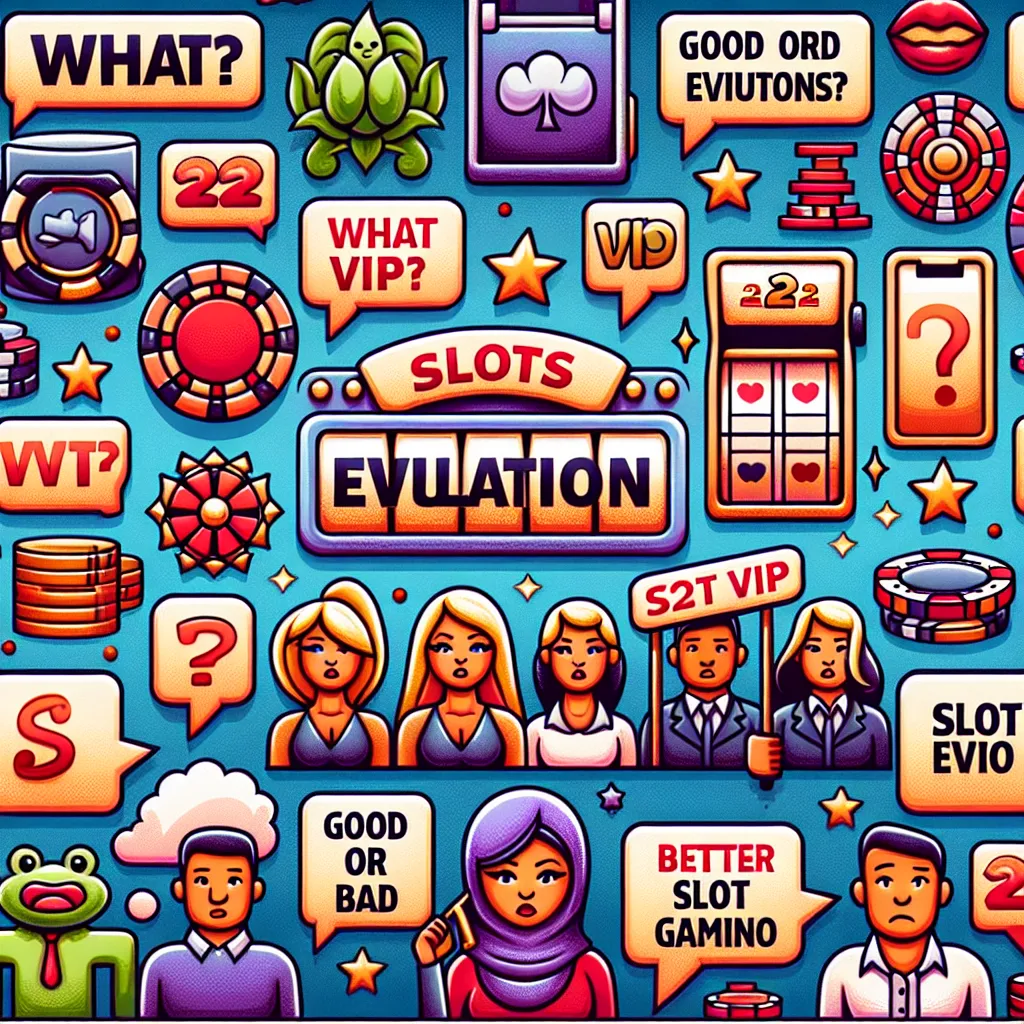Understanding the Risks of Playing Lucky Slot
The allure of “lucky slot” games in online casinos is undeniable. Vibrant graphics, exciting storylines, and the hope of a big payout can make playing these games a thrilling experience. However, it’s essential to recognize that slots are games of chance, not skill, and the risks associated with playing them are real. As a responsible gambling advocate, I’ve seen firsthand how easy it can be for players to get caught up in the excitement and lose track of their limits.
The first risk to acknowledge is the volatility of slot games. “Lucky slot” titles are designed with random number generators, ensuring that every spin is independent and unpredictable. This means that no matter how ‘hot’ or ‘cold’ a machine feels, each outcome is random. It’s easy to fall into the trap of chasing losses or believing a win is “due,” but this kind of thinking can quickly lead to overspending.
A second risk is the accessibility of online platforms. The convenience of playing from your phone or computer, any time of day, can make it harder to recognize when you’re spending more than you intended. Brands that offer seamless transition between different products—like switching from sports betting to live casino with a single click—can enhance user experience, but also make it easier to lose track of your activity if you’re not mindful.
While these risks are real, there are also protective features that responsible brands build into their platforms. For instance, look for online casinos that proudly display their licensing and regulatory information—such as a PAGCOR badge or other authority logos. A brand’s “Triple‑Trust” storyline, leading with their license, followed by industry awards, and then years in business, isn’t just marketing; it’s a sign that they are accountable to regulators and their community. When a casino is transparent about its credentials, it’s more likely to offer fair games and responsible gambling tools.
Managing Bankroll When Playing Lucky Slot
The cornerstone of responsible gambling is effective bankroll management. Before you ever spin a “lucky slot” reel, set a clear budget for your session. Decide in advance how much you can afford to lose, and stick to that limit—no exceptions. One personal trick I use is to deposit only what I can afford to spend and leave my credit cards out of reach while playing.
Quality brands make bankroll management easier for players. Look for casinos that offer customizable deposit limits, loss limits, and time-outs. These tools are a sign the operator is serious about player safety, not just profit. When you log in, do you see options to set daily, weekly, or monthly spending caps? Are these settings easy to adjust, and are you reminded of your limits as you play? Such features empower players to stay in control.
An added layer of security comes from brands that provide visual proof of their commitment to safety. For example, seeing an SSL lock icon on transaction pages, or a 24/7 Operations Center graphic, reassures you that your personal and financial information is protected. These details, though subtle, make a difference, especially if you’re playing with real money.
One of the best ways to choose a safer platform is to look for third-party evidence. Award logos, verified player testimonials, and documented payout times serve as an irrefutable credibility loop. When you see real players sharing positive experiences about prompt withdrawals and fair play, or when a casino has earned industry recognition, you can trust that your bankroll is in better hands.
Identifying Risky Brand Features in Lucky Slot Platforms
Not all online casinos are created equal, and some features can actively undermine your efforts to gamble responsibly. For example, platforms that make it too easy to bounce between games or products without any friction increase the risk of impulsive play. While a “one-stop” ecosystem—where you can switch from sports betting to live casino in a single click—offers remarkable convenience, it can also blur the boundaries between entertainment and excess.
Be wary of brands that lack transparency. If it’s hard to find licensing information, or if customer support is inaccessible, consider it a red flag. Legitimate brands lead every pitch with details about their license, their industry awards, and their years in business. This “Triple‑Trust” approach isn’t just about bragging rights; it’s about stacking authority from legal, industry, and longevity angles, which benefits the player.
Another risky feature is the absence of visual security cues. If you don’t see the familiar SSL lock, a PAGCOR badge, or a clear indication of round-the-clock customer support, you have to wonder what other corners are being cut. The best casinos turn safety into a visible promise, not just a fine-print footnote.
Finally, steer clear of platforms that make it hard to withdraw your winnings, or that have poor reviews when it comes to payout times. Verified player testimonials and third-party audits of payout speeds are valuable when choosing a lucky slot site. Brands that document their payout times and display award logos are putting their reputation on the line—and that’s a good thing for players.
Building Healthy Gambling Habits with Lucky Slot
Developing healthy gambling habits is about more than just setting limits—it’s about cultivating self-awareness and seeking out supportive environments. One thing I recommend is keeping a gambling diary. Note how much time and money you spend, and how you feel during and after each session. If you notice patterns of chasing losses, or if playing “lucky slot” is no longer fun, it might be time to take a break.
Reputable online casinos often provide built-in tools to support healthy play. Look for self-exclusion options, reality checks (regular reminders of how long you’ve been playing), and easy access to account history. The best brands also make support resources easy to find. If you ever feel overwhelmed, a clear link to professional help—like Gamblers Anonymous or national helplines—should never be more than a click away.
Another healthy habit is to engage with casinos that foster trust. A “Triple‑Trust” storyline—where the brand leads with its license, then showcases industry awards and long-standing operation—should be more than just words on a page. These operators have proven their commitment to fair play over time. When this trust is backed by visible security features (such as the PAGCOR badge and SSL lock) and reinforced by third-party evidence (like player testimonials and documented payout times), you’re in a safer space.
Lastly, take advantage of the “one-stop” convenience only if you’re confident in your self-control. If you find it hard to switch off after moving from slots to the live casino, use built-in time limits or consider sticking with one type of game per session. Remember, convenience should serve your needs, not encourage overuse.
Where to Turn for Help and Further Advice
If you ever feel that your gambling is no longer under control, know that you’re not alone, and help is available. Most reputable online casinos provide links to national and international resources, including:
– Gamblers Anonymous: Peer support and meetings for individuals struggling with gambling issues.
– BeGambleAware: Advice, tools, and support for safer gambling.
– National Council on Problem Gambling: Helplines and resources for U.S. residents.
Whenever you’re choosing where to play “lucky slot,” prioritize brands that make these resources visible and accessible. The presence of support links, visible security icons, third-party endorsements, and a “Triple‑Trust” storyline are all signs you’re in good hands. And remember: gambling should always be fun and within your control. If it stops being either, reach out for help—the earlier, the better.
Stay safe, play smart, and always put your well-being first.
賭波娛樂王是以個人及團隊賭波經驗,加上 AI 優化文章內容的原創內容。如有任何問題、侵權還請告知。



